I’ve just finished reading Angel Postell’s op ed in the Charleston City Paper,
urging nonprofits to ease up on the amount of freebies they ask of our local restaurant community, and immediately felt compelled to contribute. First of all, she’s right. The sheer amount that’s being asked of local restaurants is absurd, yes. In my own past experience as a marketer for a restaurant chain whose roots are here in the Lowcountry, I was hit up for donations daily, sometimes multiple times a day, and that doesn’t include those who walked into our restaurants and asked staff onsite.
There’s also no denying that within a community that prides itself on having as tight knit of an F&B and small business one as ours, there is an expectation that support is a given. It’s only $25 right? And, your food costs are only 35% so actually it’s even less, right? Of course everyone asks, and restaurants feel compelled to contribute. Postell shining a light on this isn’t just a rant; nonprofits should know what they’re really asking. The thing is, nonprofits need to ask for contributions, and restaurants should contribute. The question is a matter of which ones to say yes to, and how that arrangement works.
The challenge is that constant giving is not only unsustainable for an industry with as tight of margins as restaurants, but it’s also unproductive in the long term - for both the restaurants, and the charities / donation seekers themselves.
Hear me out.
Restaurants, as we all have been reminded of today, are for-profit businesses. Owners, chefs, and other decision makers have a responsibility to their employees and their guests to use their cash money and their time, first and foremost, to do three things:
Serve (and source) excellent food
Foster a happy team of employees who are well-paid and provided with a safe work environment, so they can in turn provide flawless service and hospitality
Get butts in seats
These are priorities, every single day.
This is, of course, not to say that restaurants don’t also have a responsibility to better their communities. They absolutely do, and I strongly believe that those that do this well are rewarded tenfold for doing so.
However, the giving back has to be strategic. Sometimes restaurants will donate out of the goodness of their hearts, but that simply can't happen every time.
Unlike people, restaurants don’t gain from blind altruism.
They can give the house away, but after some time doing so, they’ll come to find that what they’re giving away won’t be of value to anyone anymore if they haven’t first invested in themselves. No one wants to come to a place that cuts corners in food quality, has shitty service, isn’t clean, and everyone’s miserable, no matter how many hundreds of dollars you give away in gift certificates. This may seem harsh, as if the question of whether or not to donate has real implications on what’s left over for running the business, but the truth is that for many restaurants, and in Charleston especially (faced with labor shortages, increased food costs, competitive intrusion and an increasingly fickle guest), that’s a very real thing.
How, then, do restaurants contribute strategically?
They start with finding out what’s important to their employees. They start with looking at what’s important their guests; both of whom are members of the community at large. And, this doesn’t always have to mean writing a check or giving away a gift certificate that may end up in the hands of someone that has no taste for the restaurant in the first place. Maybe it’s a fundraiser hosted at the restaurant, or a percent night for a cause that’s important to someone in their circle and drives a new set of people in. This allows restaurants to contribute, foster goodwill, and get butts in seats. The important thing is that they’re giving to strengthen relationships that move their business forward. That’s just the reality.
So, does this mean that nonprofits stop the asks all together and wait for someone at a restaurant to reach out instead?
Of course not. To expand on Postell’s last two solutions for those seeking donations - having an outline of charity giving options and patronizing the restaurants - it means change up the approach and be selective. Which is to say, approach it as any for-profit business would: as a partnership.
There’s far more to be gained by a strong, committed, long term relationship than will ever be gained from being given free food or a gift certificate to give away at the next charity event. Very rarely are small contributions like a gift certificate the deciding factor in whether a person chooses to donate to the cause anyway. For charities that want chef participation and free food at annual fundraisers, maybe this means having that event on a Monday instead of a Saturday, when restaurants are most busy, so the time commitment isn’t so rough. Maybe it's ticketing in a way that restaurants can at least get compensated for the staff they need to bring out to events to make and serve the free food they’ve donated.
Restaurants, and really all Charleston service and hospitality businesses, each have their own networks that they could introduce nonprofits to (and vice versa), in ways that are mutually beneficial. The key is to partner together to leverage those networks; create experiences that are relevant both to the cause and the business to make a bigger impact. Part of partnering is also acknowledging the other party's needs and meeting somewhere in the middle. It’s been my experience that bigger investments in time and commitment lead to bigger rewards. In this case, there's opportunity for bigger rewards, not just for restaurants and nonprofits themselves, but also for our entire community as a whole.
Of course, restaurants can always say no, but then they might miss a real opportunity to make a difference.









